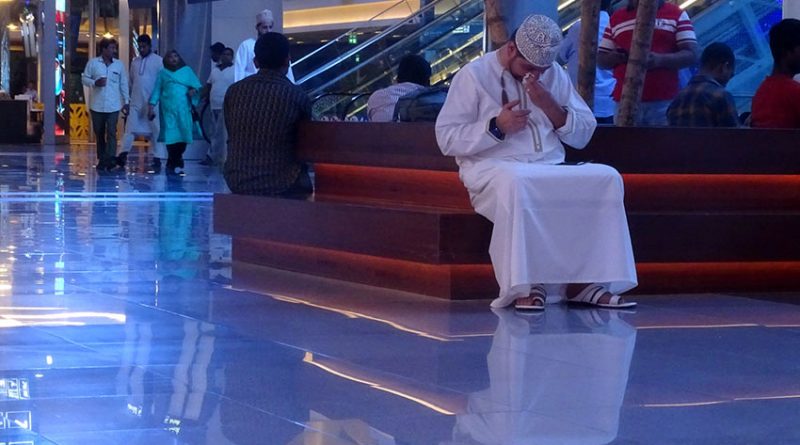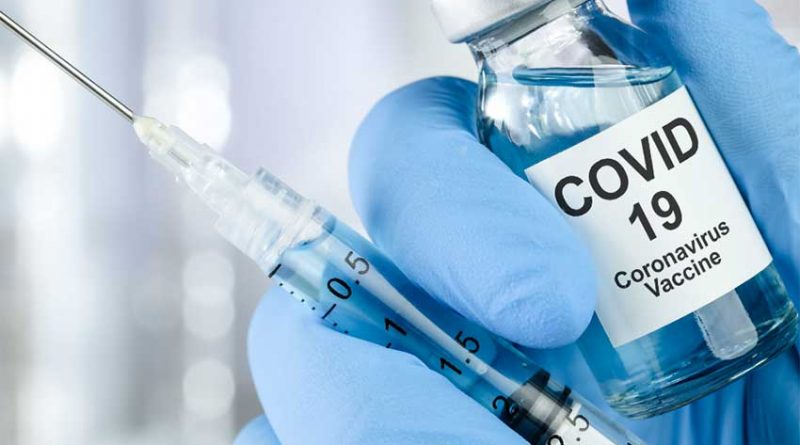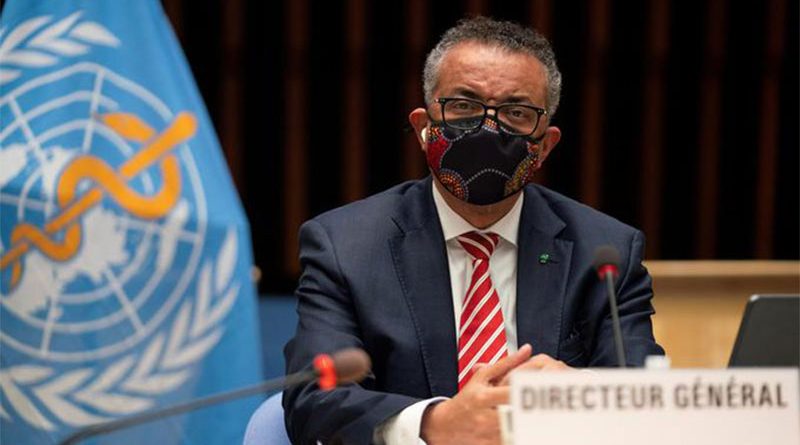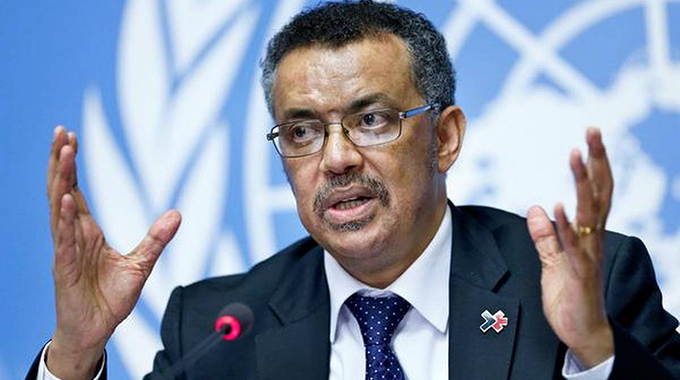OMAN’S supreme committee for dealing with COVID-19 said yesterday it was suspending entry for arrivals from Sudan, Lebanon, Brazil, South Africa, Nigeria, Tanzania, Ghana, Ethiopia, Guinea, Sierra Leone for 15 days from February 25, state media reported.
The decision also includes arrivals from elsewhere if they have passed through any of those countries in the 14 days prior to applying to enter the sultanate. Omani citizens, diplomats, health workers and their families are exempt from the suspension, the committee said.
Source – Thomson Reuters Foundation
THE World Health Organization has agreed on a no-fault compensation plan for claims of serious side effects in people in 92 poorer countries due to get COVID-19 vaccines via the COVAX sharing scheme, resolving a big concern among recipient governments.
The programme, which the WHO said was the first and only vaccine injury compensation mechanism operating on an international scale, will offer eligible people “a fast, fair, robust and transparent process”, the WHO said in a statement.
“By providing a no-fault lump-sum compensation in full and final settlement of any claims, the COVAX programme aims to significantly reduce the need for recourse to the law courts, a potentially lengthy and costly process,” the statement said.
Questions of how compensation claims would be handled in the event of any serious COVID-19 vaccine side effects, which are likely to be very rare, had been a worry for countries due to get COVID-19 shots via the COVAX plan.
Countries funding their own COVID-19 vaccine procurement also plan their own liability programmes.
The WHO-agreed plan, which has been under discussion for several months, is designed to cover serious side effects linked to any COVAX-distributed vaccines until June 30, 2022, to COVAX’s Advance Market Commitment-eligible economies – a group of 92 poorer states which includes most African and Southeast Asian countries.
The programme will be financed initially from donor funding to the AMC as an extra charge on all doses of COVID-19 vaccines distributed through COVAX. Applications can be made via a portal at www.covaxclaims.com from March 31, 2021, the WHO said.
Seth Berkley, chief executive of the GAVI vaccine alliance which co-leads COVAX, said the agreement on the compensation fund was “a massive boost” for COVAX, which aims to secure equitable global access to COVID-19 vaccines.
“It helps those in countries who might have such effects, manufacturers to roll out vaccines to countries faster, and is a key benefit for lower-income governments procuring vaccines through (COVAX),” Berkley said.
The WHO said it was also working with the insurance firm Chubb to secure insurance coverage for the programme.
THE head of the World Health Organization has urged Tanzania to share information on its measures to combat the coronavirus pandemic, saying the authorities there had repeatedly ignored his requests.
President John Magufuli’s sceptical approach towards COVID-19 has caused alarm among WHO officials. A government spokesman told Reuters on February 12 that Tanzania had “controlled” the outbreak, but it stopped reporting new coronavirus infections and deaths in May last year. At the time it had registered 509 cases and 21 deaths.
WHO director-general Tedros Adhanom Ghebreyesus said yesterday that Tanzanians testing positive for COVID-19 abroad underscored “the need for Tanzania to take robust action both to safeguard their own people and protect populations in these countries and beyond.”
Tedros also repeated a call he made with Matshidiso Moeti, WHO’s Africa head, in late January for Tanzania to bolster public health measures against COVID-19 and prepare to distribute vaccines.
He added that since then he had spoken with several authorities there to no avail.
“This situation remains very concerning. I renew my call for Tanzania to start reporting COVID-19 cases and share data,” Tedros said in a statement on WHO’s website.
Tanzania government spokesman Hassan Abbasi did not respond to a Reuters message seeking comment on Tedros’ remarks.
In a statement later on Sunday, Magufuli’s office said the president wanted Tanzanians to follow measures to protect themselves against coronavirus. However, it also said that:

“Magufuli wants Tanzanians to … trust and put God first, given that wearing masks, social distancing and lockdowns have been seen to be insufficient as countries that implemented them have lost thousands compared to Tanzania.”
Magufuli attended a funeral service on Friday for a senior official in his office whose cause of death was not made public, and declared three days of national prayer.
On Sunday, Magufuli said Tanzanians should wear only use locally-made face masks, saying foreign-made ones may be unsafe.
On Monday, Oman’s health minister said his country was considering suspending flights from Tanzania, after 18% of travellers arriving from Tanzania tested positive for COVID-19.
Thailand reported on Monday its first case of the highly contagious COVID-19 variant first identified in South Africa, in a Thai man who arrived from Tanzania.
THE World Health Organization (WHO) yesterday listed AstraZeneca and Oxford University’s COVID-19 vaccine for emergency use, widening access to the relatively inexpensive shot in the developing world.
A WHO statement said it had approved the vaccine as produced by AstraZeneca-SKBio (Republic of Korea) and the Serum Institute of India.
“We now have all the pieces in place for the rapid distribution of vaccines. But we still need to scale up production,” said Tedros Adhanom Ghebreyesus, WHO Director-General.
The listing by the UN health agency comes days after a WHO panel provided interim recommendations on the vaccine, saying two doses with an interval of around 8 to 12 weeks must be given to all adults and can be used in countries with the South African variant of the coronavirus as well.
The AstraZeneca/Oxford shot has been hailed because it is cheaper and easier to distribute than some rivals, including Pfizer/BioNTech’s , which was listed for emergency use by the WHO late in December.
Nearly 109 million people have been reported to be infected by the novel coronavirus globally and more than 2.5 million have died, according to a Reuters tally.
Infections have been reported in more than 210 countries and territories since the first cases were identified in China in December 2019.
Source – Thomson Reuters Foundation




